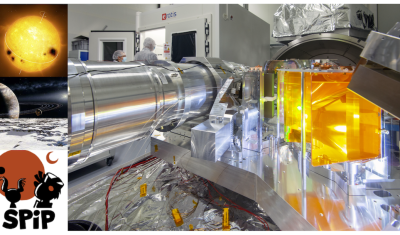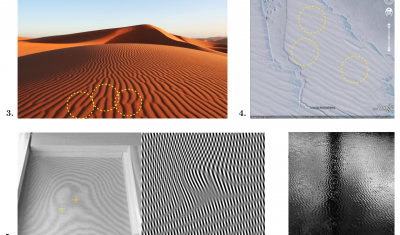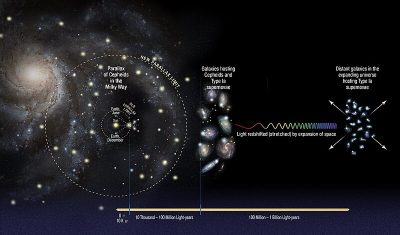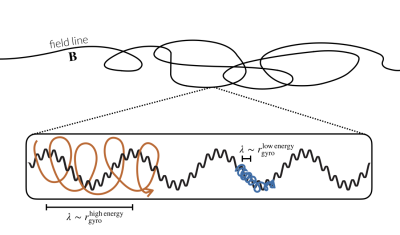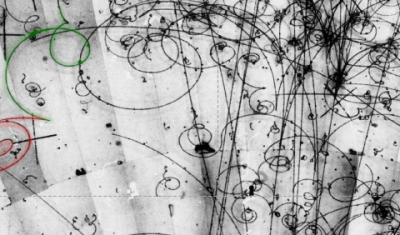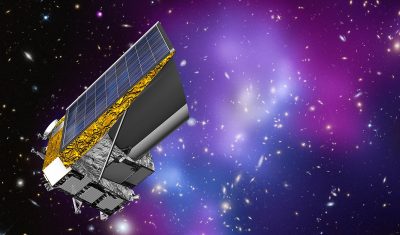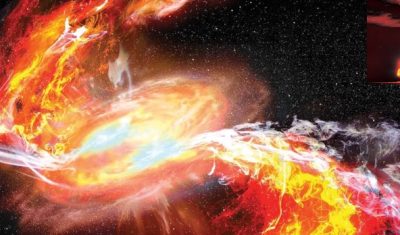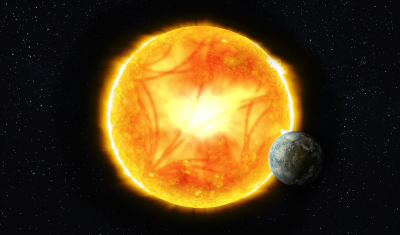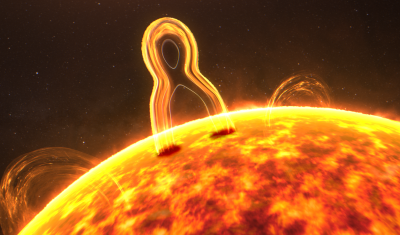SPIP, le SpectroPolarimètre Infrarouge Pyrénéen: la science et l’instrument
Le 5 décembre 2025, à 10h45, par François Olchewsky et Claire Moutou, en salle Jules Verne, site Belin, OMP. Résumé : Pour étudier le champ magnétique des étoiles, découvrir les planètes autour des étoiles froides et rouges, et caractériser leurs atmosphères, l’instrument SPIP a été conçu, réalisé, et bientot mis en place au Télescope Bernard […]

